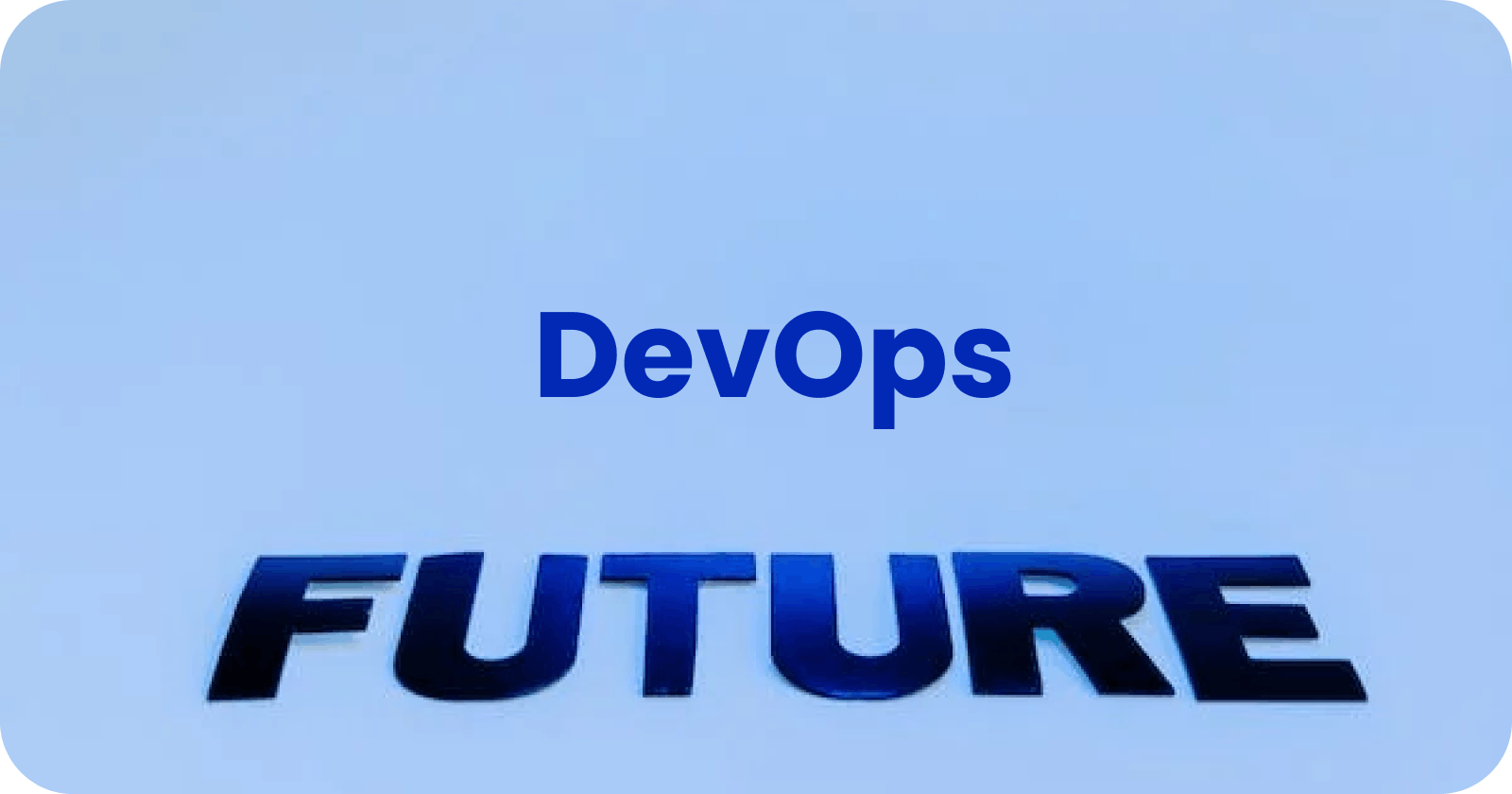DevOps is a software development methodology that emphasizes collaboration, communication, and integration between development and operations teams in order to deliver software faster and more reliably. It has become increasingly popular in recent years as organizations look for ways to improve their efficiency and speed in the face of ever-increasing market pressure.
As we look to the future, it's clear that DevOps will continue to play a crucial role in the way software is developed and delivered. Here are a few trends and predictions for the future of DevOps:
Increased focus on automation
One of the key principles of DevOps is automation, and this trend is only set to continue in the future. Automation helps to speed up the software development and delivery process by reducing the need for manual intervention. This can include automating the build, test, and deployment process, as well as automating the monitoring and management of systems and applications.
Continued adoption of cloud-based platforms
Cloud-based platforms, such as Amazon Web Services (AWS) and Microsoft Azure, have already revolutionized the way organizations approach software development and delivery. These platforms offer a range of benefits, including scalability, flexibility, and cost-efficiency. In the future, we can expect to see even greater adoption of cloud-based platforms as organizations continue to look for ways to reduce costs and improve efficiency.
Greater integration between development and operations
One of the key objectives of DevOps is to bridge the gap between development and operations teams, and this trend is set to continue in the future. As development and operations teams work more closely together, we can expect to see an increase in the use of shared tools and processes, as well as a greater focus on collaboration and communication.
Emphasis on security
As organizations continue to rely on software to power their businesses, security will become increasingly important. In the future, we can expect to see a greater emphasis on security in the DevOps process, with a focus on building security into the software development lifecycle from the very beginning. This could include the use of tools and processes such as secure coding practices, threat modeling, and penetration testing.
Rise of artificial intelligence and machine learning
Artificial intelligence (AI) and machine learning (ML) are already beginning to play a role in the DevOps process, and this trend is set to continue in the future. These technologies can be used to automate tasks, improve efficiency, and identify patterns and trends in data. For example, AI and ML can be used to automate the testing and deployment process, or to monitor systems and applications for potential issues.
Greater focus on user experience
As organizations continue to rely on software to deliver value to their customers, the user experience will become increasingly important. In the future, we can expect to see a greater focus on designing and delivering software that provides a seamless, intuitive, and enjoyable experience for users. This could include the use of techniques such as continuous delivery, agile development, and user experience design.
In conclusion, the future of DevOps looks bright, with a focus on automation, cloud-based platforms, integration between development and operations, security, AI and ML, and user experience. As organizations continue to look for ways to improve their efficiency and speed, DevOps will play a crucial role in the way software is developed and delivered.
